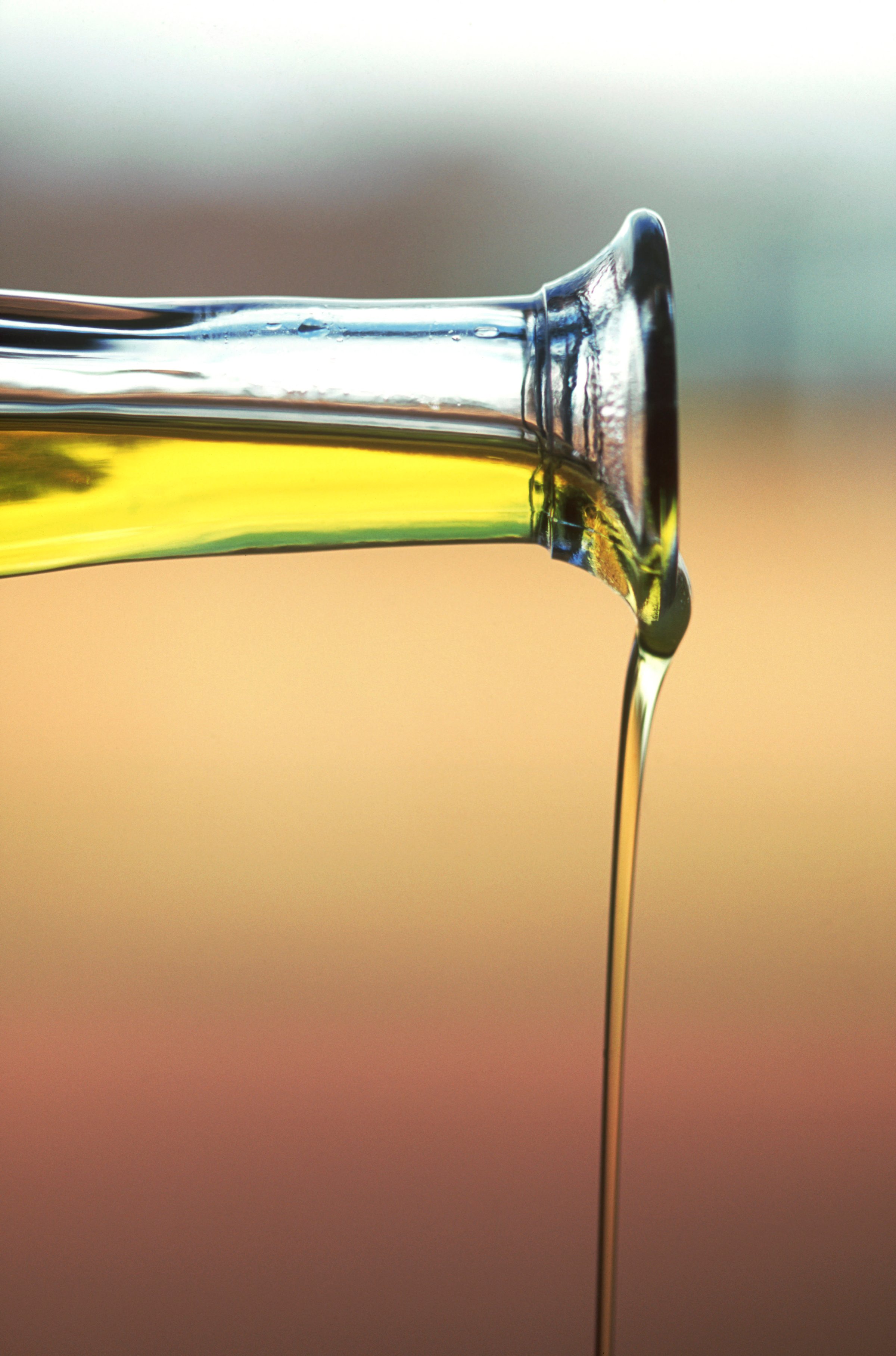
One of the first things doctors tell people who want to get healthier is to change their diet. And most will say that the less animal fat you eat, the better. Getting rid of the butter and shifting to olive, corn and other vegetable oils, many doctors said, is better for heart health.
They had their reasons. Countless studies have shown that people who eat more vegetable oils have lower cholesterol than people who eat a lot of saturated fats. And other studies connected lower cholesterol with lower risk of heart troubles. The other elements central to the popular Mediterranean diet, such as nuts and fresh produce and fish, are highly nutritious, to boot. But in a study published in the BMJ, researchers re-analyzed data from older unpublished studies and found the link between vegetable oil and heart health may not hold. They revealed that it’s possible that too much vegetable oil could actually increase the risk of heart disease — rather than decrease it.
Christopher Ramsden, a medical investigator at the National Institutes of Health, and his colleagues delved into the data from the Minnesota Coronary Experiment, conducted from 1968 to 1973. They learned that only part of the trial’s results were published, and other data, suggesting the contrary idea that switching animal fats for vegetable fats didn’t protect the heart, was left out. “We saw that they didn’t publish a lot of things they planned to,” says Ramsden.
MORE: Confused About Fat and Heart Disease? This Study Explains Why
Until now. In the study, more than 2,300 men and women were randomly assigned to a diet in which all the oils were replaced with vegetable oils, or a control diet high in animal fats and margarines. Ramsden found that those who ate more vegetable oils (primarily corn oil) did indeed lower their cholesterol by nearly 14% compared with those who did not, but that after a year or more, they did not see any lower rates of heart disease or dying from heart events. In fact, for every 30mg/dL drop in cholesterol, there was a 22% increased risk of death. So people who ate animal fats tended to live longer than those who switched to vegetable oils.
MORE: The FDA Finally Caught Up to Science on Trans Fats
“The diet-heart hypothesis predicts that the more you lower cholesterol, the better your outcomes are going to be,” says Ramsden. “Basically we found the opposite.” (The researchers say it’s unlikely that the people who switched to vegetable oils ate more unhealthy trans fats, which are known to be terrible for heart health.)
MORE: This Is the Worst Kind of Fat for Your Heart
Of course, this does not mean doctors have been misleading us about the benefits of vegetable oils. While the study didn’t explore what could account for the contrary results, there are some theories about how the vegetable-oil group could have lower cholesterol but not fewer heart problems than people eating animal fats. The unsaturated fats found in vegetable oils, when they’re heated, tend to oxidize. In this form, they’re more dangerous to body tissues and can trigger inflammation, a known risk factor for making blood-vessel plaques unstable enough to cause a heart attack.
It’s also possible that the sheer amount of oils that the people ate reversed any advantage for the heart. Ramsden says the amount in the study was about double what the average American tends to eat, and in this case, it might be a situation where those people got too much of a good thing.
MORE: Why Cutting Back on Fat Isn’t Enough to Help the Heart
He also found that the effect was strongest among people over age 65. Older people tend to be more prone to oxidative stress, and it’s possible that with age, eating too much vegetable oil may backfire, and undo some of the benefits they may have on the heart. Similarly, people who smoke and engage in other behaviors that are known to promote oxidation, including getting exposed to certain environmental pollutants, might also show little benefit from switching to vegetable oils.
All of these explanations, for now, are just speculation, since this is among the first studies to direct compare head to head what happens to people who give up animal fats and move to vegetable oils to those who stick with animal fats. It doesn’t mean that bacon and butter should now make up the bulk of the diet, but it does suggest that loading up on vegetable oils isn’t such a great idea either.
More Must-Reads from TIME
- Where Trump 2.0 Will Differ From 1.0
- How Elon Musk Became a Kingmaker
- The Power—And Limits—of Peer Support
- The 100 Must-Read Books of 2024
- Column: If Optimism Feels Ridiculous Now, Try Hope
- The Future of Climate Action Is Trade Policy
- FX’s Say Nothing Is the Must-Watch Political Thriller of 2024
- Merle Bombardieri Is Helping People Make the Baby Decision
Contact us at letters@time.com